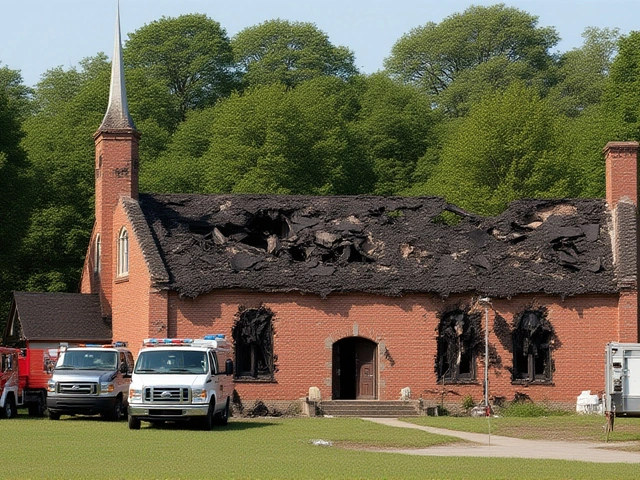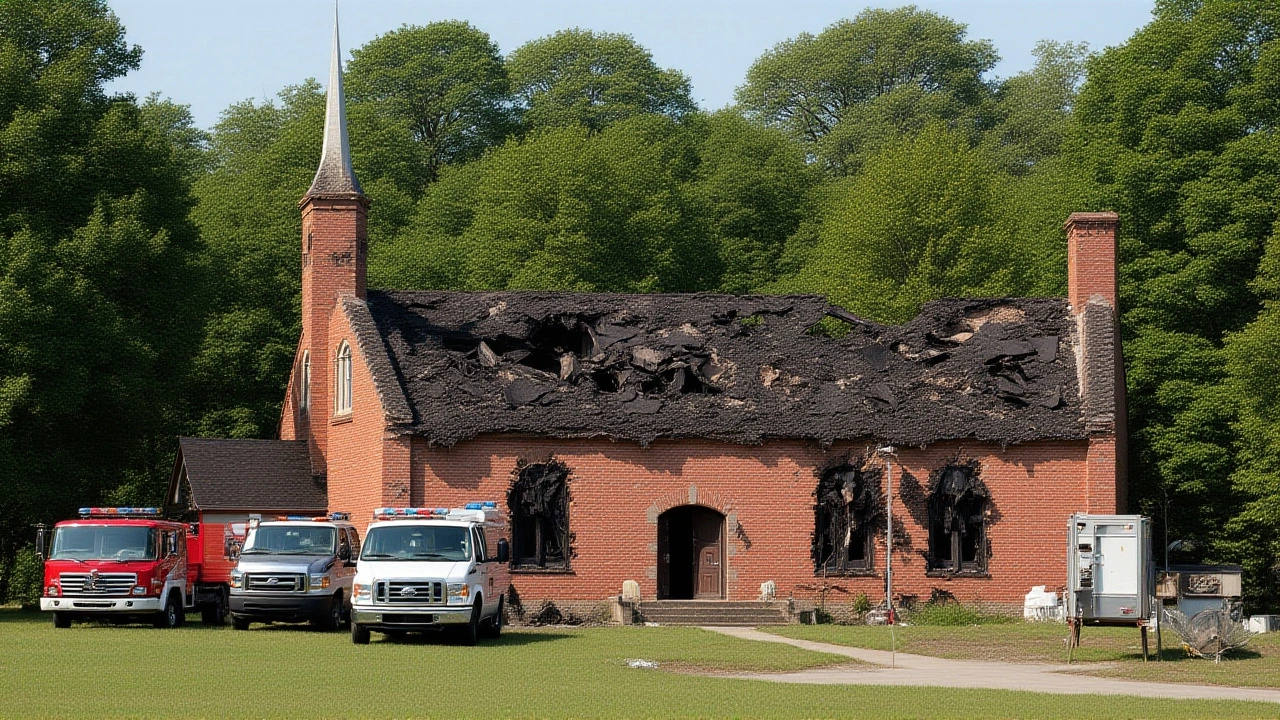Religious Hate Crime
When talking about Religious Hate Crime, any violent or threatening act driven by hostility toward a person’s faith or belief system, you’re dealing with a problem that hits both communities and courts. Also known as faith‑based hate crime, it blends prejudice, intimidation and sometimes organized attacks, making it a serious concern for societies trying to protect freedom of worship.
Understanding religious hate crime means looking at the legal tools designed to stop it. Hate Crime Legislation, laws that add extra penalties for offenses motivated by bias provides the backbone for prosecution and deterrence. In many African nations, recent reforms have tightened penalties and introduced reporting mechanisms, showing that a solid legal framework can shift the balance from impunity to accountability.
But law alone isn’t enough. Interfaith Dialogue, structured conversations between different religious groups creates the social glue that lowers tensions before they explode. Programs that bring leaders together to discuss shared values and address grievances often cut down on the incidents that would otherwise turn into hate‑driven violence. The link is clear: more dialogue, fewer attacks.
Human rights standards also shape how societies respond. Human Rights, international principles safeguarding freedom of thought, conscience and religion set the benchmark for national policies. When a country aligns its hate‑crime laws with these norms, victims gain stronger protection and perpetrators face clearer consequences. This alignment drives a cycle where rights‑based approaches reinforce legal action, and vice‑versa.
Finally, the role of extremist groups can’t be ignored. These actors often fuel religious hate crime by spreading hostile rhetoric and organizing attacks. Recognizing the influence of Extremist Groups, organizations that promote violent ideology against specific faiths helps security agencies target the root causes, not just the symptoms. By mapping the connections between ideology, legislation, dialogue and rights, you get a full picture of what drives religious hate crime and how to combat it.
Below you’ll find a curated set of articles that dive deeper into each of these angles – from recent court rulings and policy debates to community‑level initiatives and on‑the‑ground reporting of incidents. Explore the collection to see how different players are tackling this challenge across the continent.






